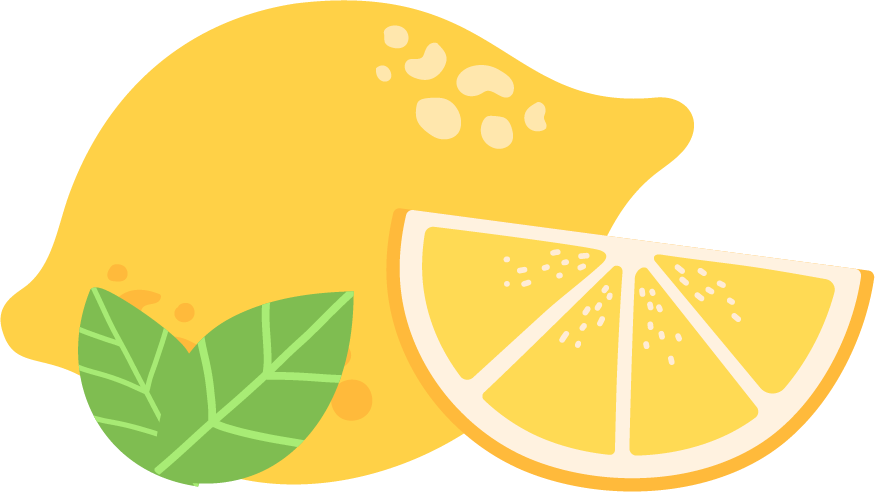A Java Developer is a professional who specializes in creating software and applications using the Java programming language and its related tools. Typically, Java developers work in teams to build web applications and solve real-world problems using the Java ecosystem.
A good developer should be capable of contributing value throughout the entire software development life cycle – from its initial analysis and design to its final deployment and maintenance. This role involves much more than just writing code; it requires critical thinking, communication, and collaboration skills.
This roadmap is designed to help you become a Java developer from scratch. You’ll explore essential topics, get an idea of the approximate time needed for each stage, and receive practical advice to help you grow into a well prepared Java developer with knowledge up to date.
With so much information available online, learning something new can feel overwhelming, reason why, to keep things simple, we’ve added keywords for each chapter of your journey. Your job is to research and understand these topics in-depth. At the end of each phase, you’ll find practical exercises to solidify your knowledge.
Important considerations in your journey:
Duration: 2-3 months
How to start:
Core Java Concepts
Strings
Exception Handling
Regular expressions
Basic Input/Output (I/O) & File Handling
Collections Framework
Unit Testing:
Object-Oriented Programming (OOPs) in Java
Projects/Practice:

Duration: 2-3 months
Advanced Object-Oriented concepts
Multithreading and Concurrency
Java Collections Framework
Java 8+ Features
Design patterns

Duration: 3-6 months
Version control system
Build tools
External dependencies
JDBC (Java Database Connectivity)
Networking
Spring Framework (Spring Boot)
NoSQL Databases
Message Queues
Testing & DevOps
Microservices & Cloud

Duration: 2-4 months
Build personal projects:

Learn advanced concepts, work on real-world projects, and fast-track your journey to becoming a proficient Java developer. Start now and unlock your full potential in the world of Java programming!
Start now and unlock your full potential in the world of Java programming!


The place where you can start your Java journey.
© All Rights Reserved.